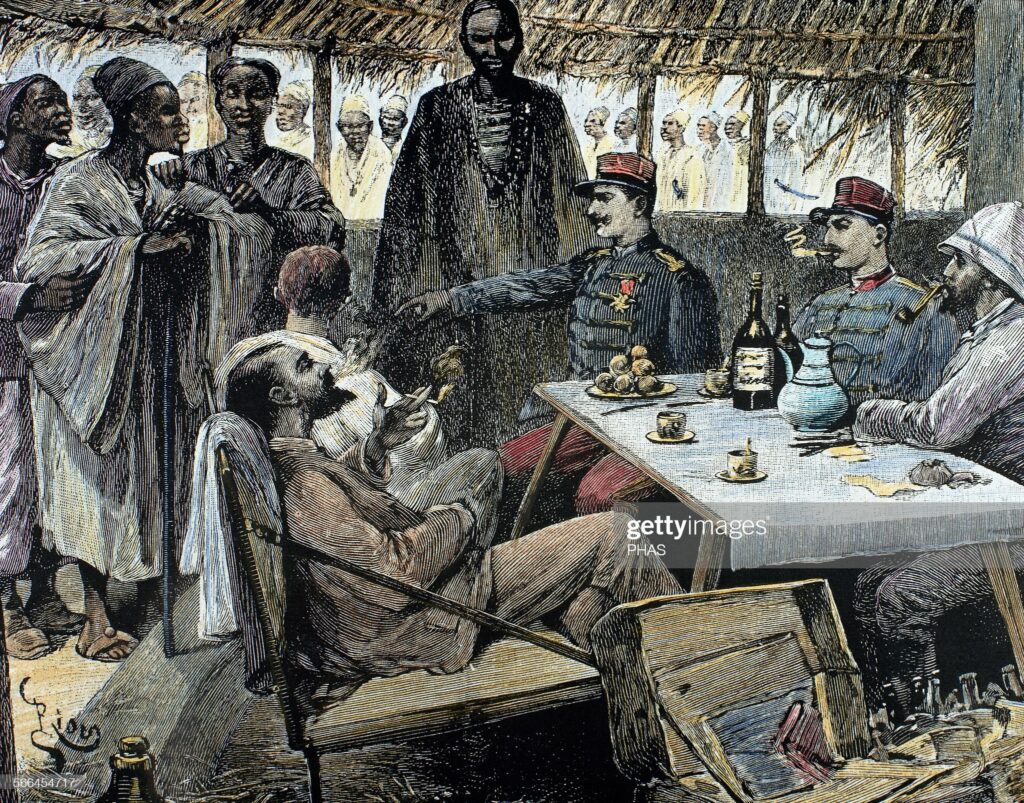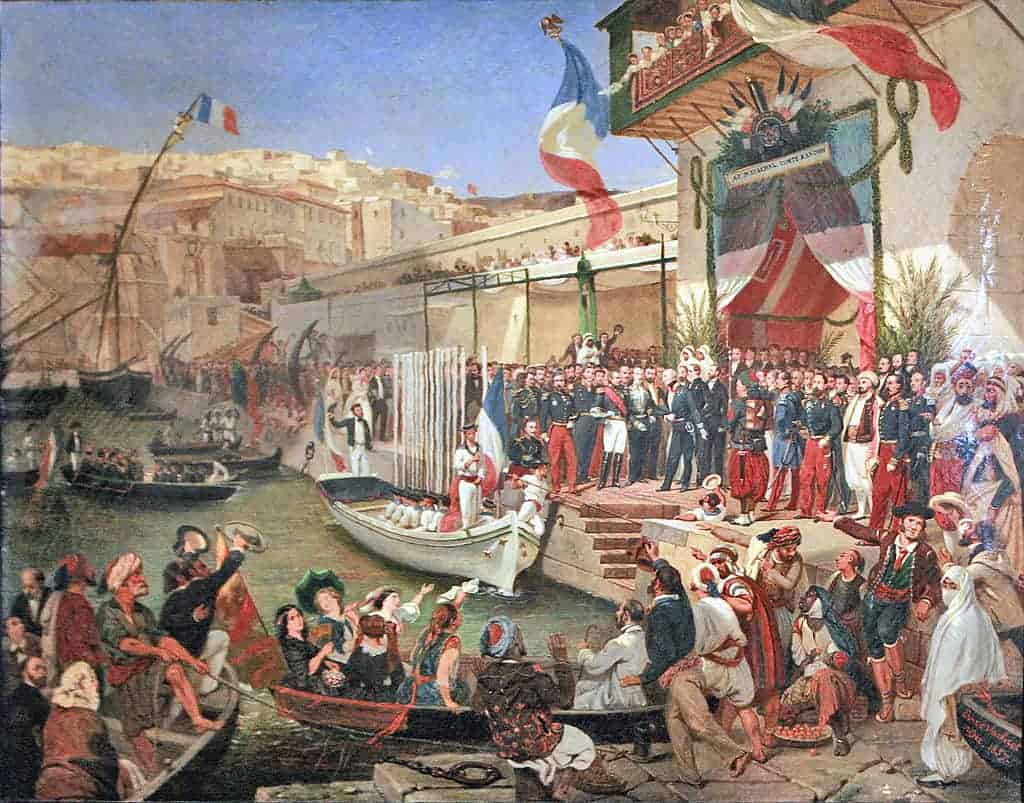Introduction
France has had a historically complex relationship with its former African colonies, particularly in countries where French is widely spoken. Some African nations are rich in natural resources like oil, gas, minerals, and agricultural products. France’s involvement in these resources has been a subject of debate and criticism.
One aspect is the political influence exerted by France in the region. In some cases, France has been accused of supporting or interfering in political coups and maintaining authoritarian regimes that align with its interests. This involvement has drawn criticism from various groups, who argue that it undermines the sovereignty and stability of African nations.
During the colonial period, France extracted valuable natural resources from Africa, including minerals, timber, and agricultural products. However, the profits from these resources largely benefited France rather than the local populations. This exploitation left many African nations with a legacy of economic dependency and hindered their ability to develop sustainable industries. However, it is imperative to note that the exploitation is still ongoing but done in a subtle manner.

Again, colonial policies often disrupted traditional socio-economic structures, leading to lasting consequences. For instance, the imposition of cash-crop economies prioritised exports over local needs, leaving countries vulnerable to fluctuations in global markets. Additionally, the legacy of forced labour and exploitation impacted the development of local industries and institutions, hindering self-sufficiency.
Even after gaining independence, many African countries maintained economic ties with France through neocolonial relationships, where France continued to influence their economies and politics. Some argue that these relationships perpetuated a cycle of dependency and hindered true economic growth and development.
As a result of these historical and ongoing factors, despite many French-speaking African countries richness in natural resources, poverty remains a prevalent issue. Addressing the lasting impacts of colonialism and fostering more equitable economic and political relationships are essential steps towards sustainable development and prosperity in these nations. One important thing to note is that French colony in some African countries is not all about negative, but there are some positive effects as well.
The Positive Influence of France
Language and Culture Preservation
France’s legacy as a colonial power has left a linguistic legacy in many African nations. French, as a widely spoken language, facilitates communication and trade among these countries, opening doors to regional cooperation and international partnerships.
Educational Ties
France continues to maintain strong educational ties with its former colonies, offering scholarships and exchange programs to African students. This cooperation has contributed to enhancing the quality of education and human capital development in these nations.
Economic Cooperation
France remains a significant economic partner for many French-speaking African countries. Through trade agreements and investments, France has contributed to economic growth and development in the region.
The Negative Influence
Neo-Colonialism
Critics argue that France’s influence in African countries sometimes perpetuates neo-colonial tendencies. This influence can lead to decisions made in the interest of France rather than prioritising the development and sovereignty of the African nations.
Dependency
Aid and financial support from France, while beneficial in some cases, have also led to dependency issues. African countries’ economies may become overly reliant on foreign aid, hindering their ability to develop sustainable domestic industries. It is good to note that most aids given to African countries are a minuscule from the lots looted in the continent.
Political Interference
France’s involvement in the politics of its former colonies has been a contentious issue. Some instances of political interference have been seen as undermining democratic processes and the autonomy of these African nations.

Exploitation of Natural Resources
French companies exploiting African countries’ natural resources is affecting African ability to grow leading to concerns about resource depletion and environmental degradation.
Conclusion
France’s role in its French-speaking African countries is a nuanced and complex one, with both positive and negative consequences for the growth and development of these nations, is questionable. However, linguistic and cultural ties have fostered cooperation, and the lingering shadows of colonialism and neo-colonial practices have raised valid concerns. It is essential for both France and its African partners to work towards a more equitable and mutually beneficial relationship that prioritises sustainable development, economic autonomy, and respect for national sovereignty. By doing so, they can forge a path of progress and prosperity for these nations, shaping a more inclusive and constructive future.
However, it is essential to note that these topics are highly complex and nuanced, and each country’s situation varies. Understanding the role of France in African French-speaking countries regarding natural resources and coups requires in-depth research and analysis. To get a comprehensive understanding, it is recommended that reading more articles on specific countries of interest will be helpful.